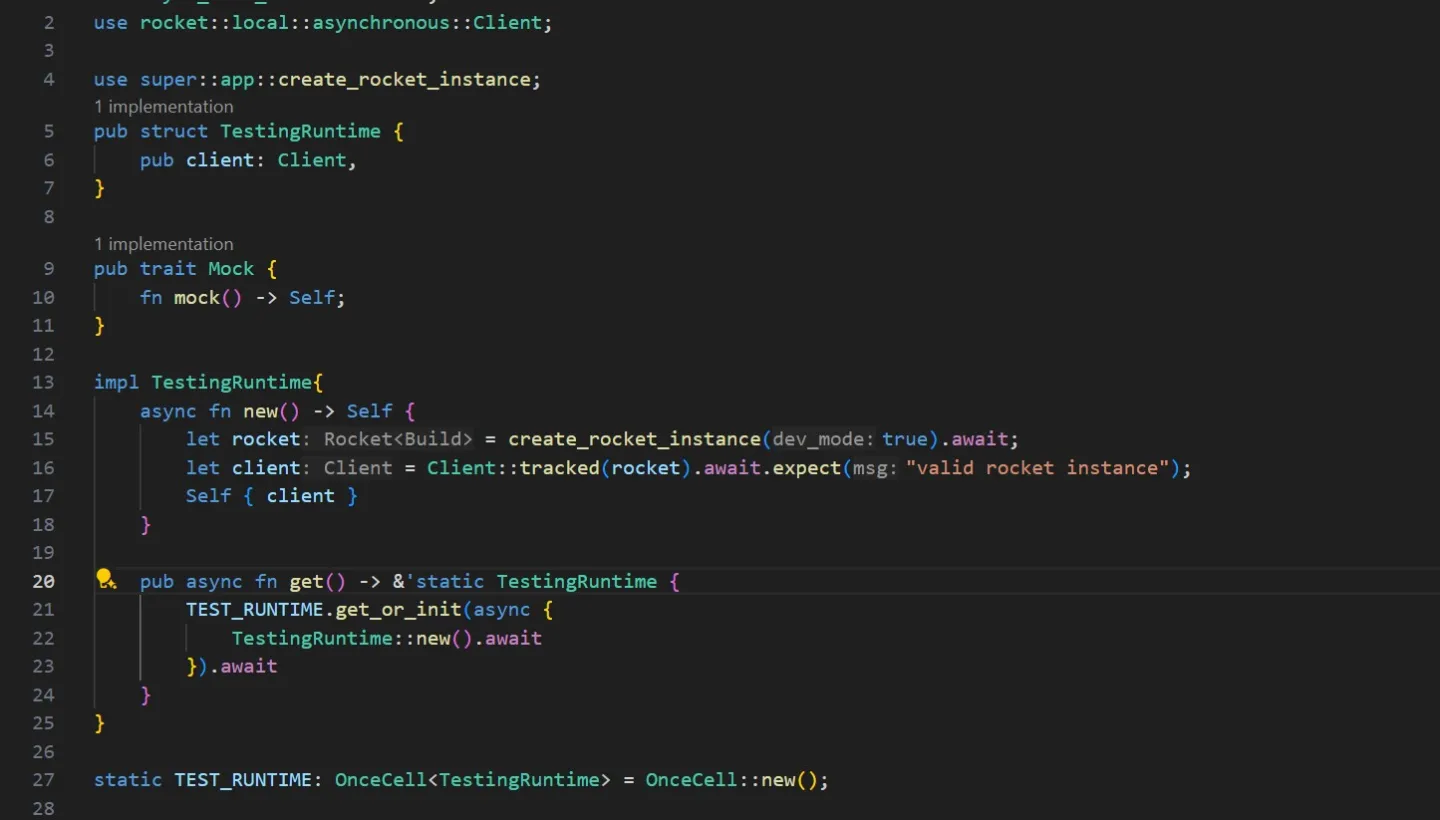When diving into Rust, one of the standout features is its robust and expressive match statement. While other programming languages often rely on exceptions to handle errors, Rust takes a different path, offering a more structured and predictable control flow.
The Problem with Exceptions
In many traditional programming languages, error handling is based on throwing and catching exceptions. While this approach works, it introduces several drawbacks:
Lack of Clarity: Exceptions can disrupt the normal flow of execution, making it harder to predict what might go wrong.
Hidden Side Effects: Functions can silently throw exceptions, forcing developers to anticipate possible errors without explicit hints.
Performance Overheads: Throwing and catching exceptions is not always the most efficient way to handle errors.
Enter Rust's match
Rust eliminates exceptions altogether. Instead, it provides pattern matching through the match construct, coupled with the Result and Option types. Here's how it works and why it’s a superior alternative:
Explicit Control Flow:
With match, all possible outcomes of a computation are explicitly listed.
This forces developers to handle both success and failure cases, reducing the likelihood of unhandled errors.
Compile-Time Safety:
The compiler ensures all possible cases are covered, either through exhaustive matching or the use of _ to handle remaining cases
Improved Readability:
match statements provide a clean and intuitive syntax for branching logic, making code easier to read and maintain.
Performance Benefits:
Unlike exceptions, match does not involve unwinding the stack, making it a lightweight and predictable option.
Example: Handling a Division Operation
Here's a comparison between Rust's match and exception-based handling in another language:
Why Rust Wins
Predictability: In Rust, you know upfront that divide might fail because it returns a Result. In Python, you'd have to read the documentation or source code to learn about the exception.
Safety: Rust's approach minimizes runtime surprises, thanks to its compile-time checks.
Efficiency: By avoiding the exception mechanism, Rust achieves better performance in many scenarios.
Conclusion
Rust's match is not just a syntax for branching logic—it's a philosophy. It promotes clear, safe, and efficient error handling, making it an essential tool for building robust software. Whether you're a seasoned developer or new to Rust, embracing match can help you write code that's both elegant and error-free.
It basically is like wrapping an object in a Result<Structure> and using a switch to handle the returns. This makes functions very modular and much easier to test too.











